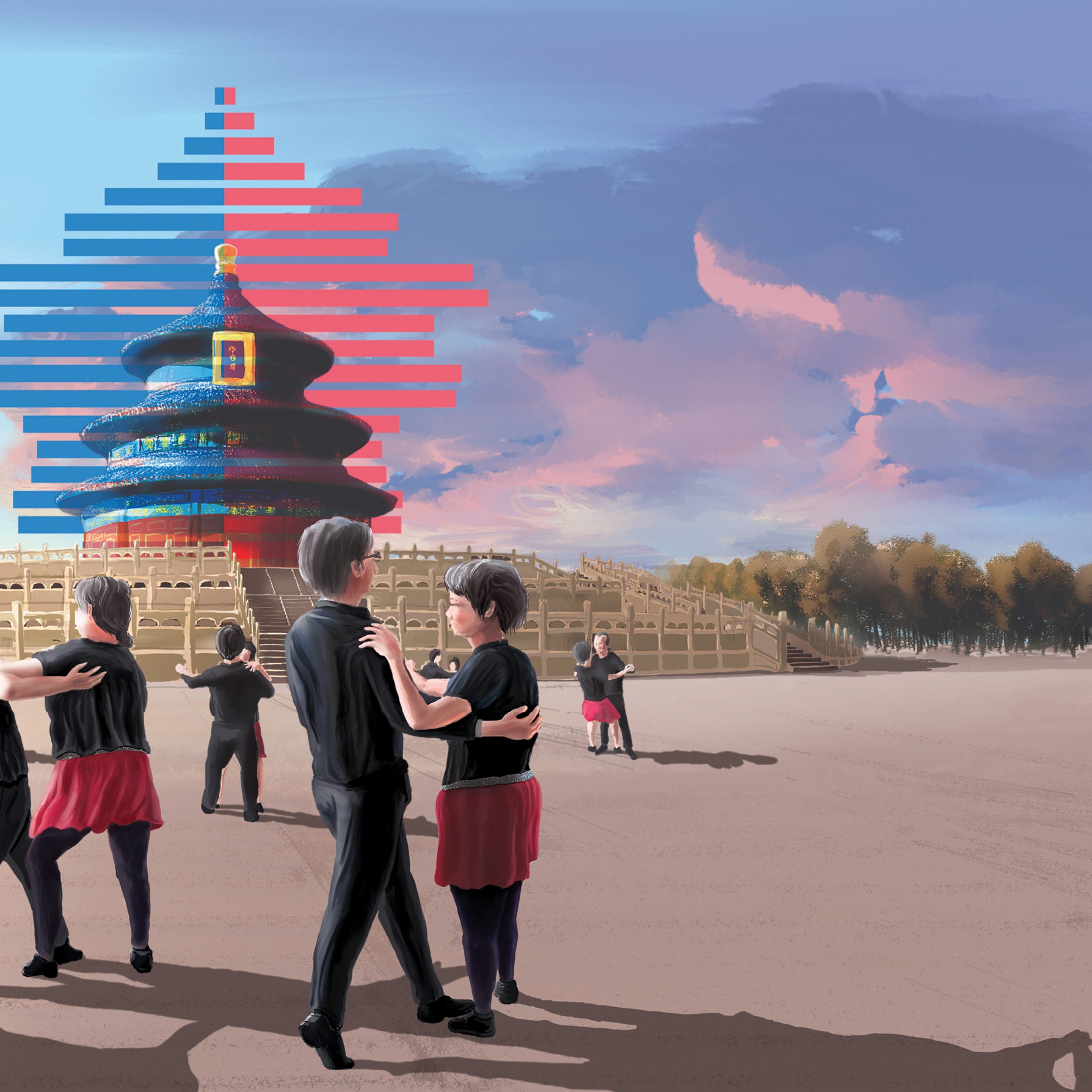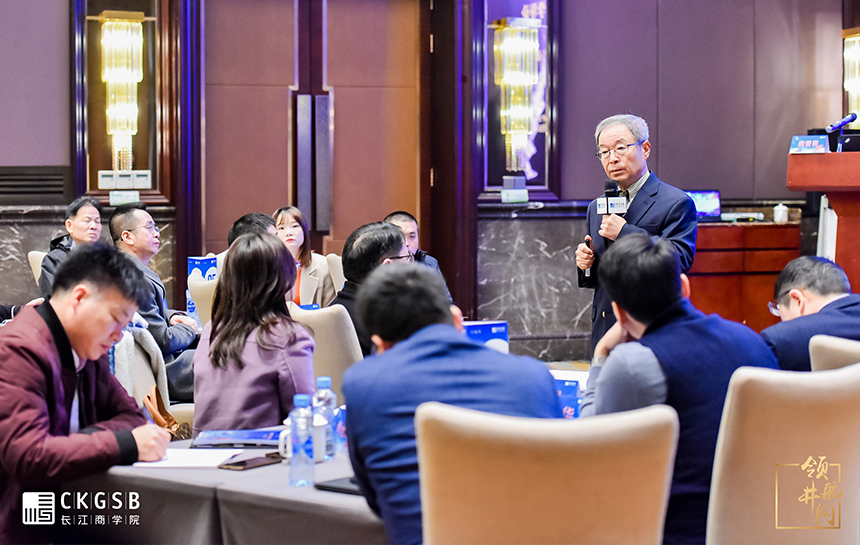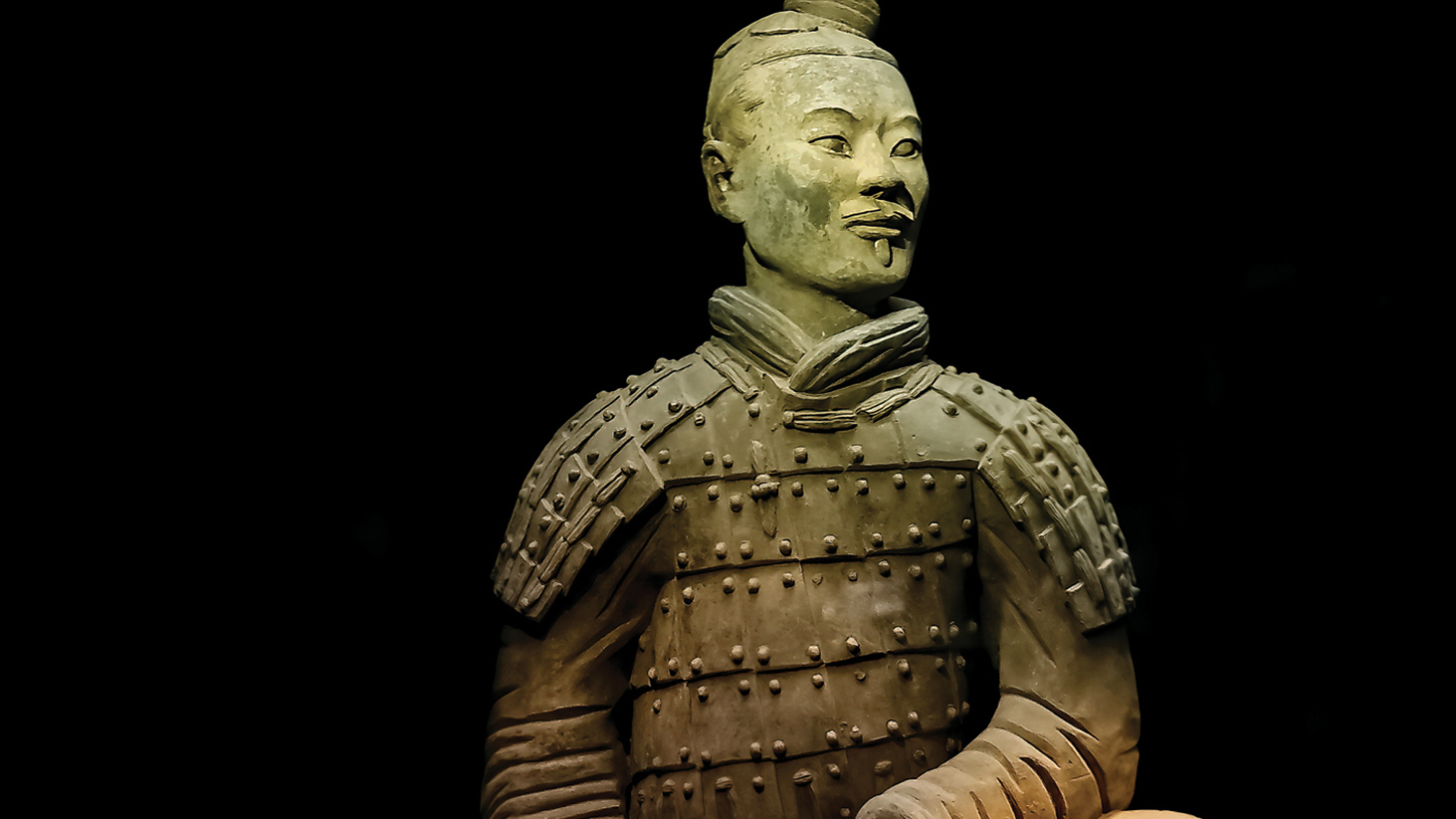Corporate Social Responsibility (CSR) is a concept that an increasing number of foreign companies are focusing their attention on and taking steps to integrate it into their business practices in China, as it is believed that this is what their global consumers really care about.
This is recognized as a solid opportunity to work with local organizations to adopt a more sustainable operating model, as well as to contribute to enhancing China’s sustainability and promoting the CSR concept. Health care benefits and the environment are the most important issues that China is facing, followed by product safety concerns and retirement benefits, according to a recent McKinsey survey.
CSR is not a new concept in China. The question is what appearance will it take on currently with big brand name corporations like McDonald’s and Wal-Mart creating a culture of sustainability within the most populated country on earth?
The fast food chain McDonald’s is working with its suppliers, NGOs, academics and others to study the possible environmental impacts of the supply chain, including efforts towards developing methods to increase the environmental sustainability of its packaging. These efforts also help to create jobs in China by employing 60,000 new employees. Additional benefits include charities such as the Ronald McDonald Charities Foundation, which began its work in China four years ago to help children with serious medical needs.
Additionally, the world’s largest retailer Wal-Mart, which has more than 70 stores and 30,000 employees in China, is responsible for about 30 percent of all foreign purchases made. The company has reportedly pledged to work with the Chinese government to ensure that their 1,000 suppliers comply with Chinese environmental laws and regulations.
Their efforts are significant and represent a large positive impact because of their size and ability to reach a large international customer base. In return, their business sees solid growth. Sales of China’s entire fast-food industry rose 12 percent last year to 60 billion yuan ($9.3 billion), as Bloomberg News cited from Euromonitor International statistics.
According to Bloomberg News, retail sales revenue in China is expected to grow annually by 14.5 percent to $5 trillion in 2016.
McDonald’s November sales revenue rose 7.4% in strength in Asia, driven by the huge demand in both China and Japan. McDonald’s is now opening a new restaurant every other day, stated Peter Rodwell, company president for the Asia region, during a recent interview with Bloomberg.
There are currently about 33,100 McDonald’s locations worldwide, more than 80 percent of which are franchises. And McDonald’s is planning to loosen its ownership structure to expand the number of franchises in China. The trial program was launched in 2007 and at this time there are only three franchisees running six restaurants. But this number is expected to expand very rapidly to over 2,000 by 2013, according to China Daily.
Along with other restaurants, McDonald’s is facing surging food ingredient costs. The company has increased its prices in China at least twice this year, which drew criticism from the public who hold the opinion that McDonald’s is trying to turn a quick profit by promoting an unhealthy lifestyle with the food options it serves.
It is difficult to measure just how Chinese consumers are responding to the foreign companies’ CSR strategies and what level of trust the public has for these companies. But many people in China put the blame squarely on fast food chains like McDonald’s for being the source for turning China into another obese nation and putting many local small restaurants out of business in the process.
CKGSB interviews Bob Langert, VP of McDonald’s for Corporate Social Responsibility
Q. In the 1990s, McDonald’s was seen as promoting waste, unhealthy lifestyles, and a uniform global culture. How did McDonald’s address this challenge to its reputation?
A. We learnt not to be defensive, because people will keep on attacking you. During the ’90s, we defined our own framework for addressing supply chain issues, health and nutrition issues, people issues, and environmental issues. So when activists come to us now, we can say, “Here’s how we’re training and developing our people. Here’s how we’re promoting economic development within McDonald’s.” We will always be criticized because we’re so visible, but today, we invite that criticism. We know we’re doing good things and we can back them up with a sound strategy.
Q. McDonald’s forged its strategy in response to criticism. Why should Chinese companies create CSR strategies before being attacked?
A. If you wait, usually it’s too late to do something that makes sense for your business. If you’re strategic, you can find something that will help your business grow. We have found that many of our strategies have helped us become more efficient. When it comes to the environment, if we produce less waste and use less packaging, we will save money. If you’re smart about it, CSR could be win-win. If you’re not, it could be lose-lose. Producing CSR solutions in a crisis won’t be practical and may cost you money.
Q. Chinese companies that develop products for an overseas market often suffer from a credibility gap. How can communication help them overcome this?
A. I identify with that feeling. Every survey I see for multinational companies says that the trust factor for McDonald’s is not high. We know we’re better off having partnerships with third parties, whether NGOs, academics, or other third-party institutions. So if we’re developing an environmental scorecard, we work with a large environmental partner. If we’re looking at advancing supply chain practices, we’ll work with groups like the World Wildlife Fund. And when they partner with us and they see what we do, they help us gain credibility that is tough to achieve in a very critical marketplace.
Q. But why should Chinese companies marketing their products abroad be interested in involving NGOs and non-profits and in publicizing the reports?
A. At the heart of it, it’s about consumers’ care. You could debate how much they act upon the information, change their behavior, or buy according to corporate responsibility issues. It varies across the world. But look at the upward trends. The global consumer, in practically every part of the world, is going to act upon this more and more. And even if it’s only in their hearts and not in their behavior, that still is a big part of gaining the loyalty of your customer base. So I would encourage it for business reasons. It’s a good way to grow, a good way to be more relevant, and a good way to bring more innovation and efficiency into your business.
Q. As you said, consumer attitudes vary greatly across the world. What are you seeing in China? What sort of CSR initiatives is McDonald’s doing here, in your largest-growing market?
A. For one, we provide a lot of economic development by bringing business into China. This includes a lot of jobs – I think we employ 60,000 people in China – but also a huge supply chain. When we started in China 20 years ago, very little of what we bought came from China. Today, virtually everything comes from China. So we think that’s an important contribution to society. We also started a chapter of philanthropy as well: the Ronald McDonald Charities, which helps kids in need, especially with medical needs, is something we started about four years ago. On the environmental end, I’d say that energy is a big issue. We know that China is a place where there’s a lot of booming energy technology and innovation, and we want to tap into that. We use a fair amount of energy in our restaurants, and I’d say that that’s our #1 environmental impact that we want to minimize.
Q. And how are you seeing Chinese consumers respond to this? Is there increasing loyalty to McDonald’s among Chinese consumers as a result of your CSR activities here?
A. I think it’s too soon to tell. But I think the way we would measure that is through our trust scores, and our trust scores in China are on a good trend. But it’s very hard to pinpoint things related just to CSR. Certainly, we think that a big part of our brand and a big part of our reputation involves gaining the trust of customers, including those in China. We want them to trust our business, trust that the food we serve comes from high-quality, safe sources; that we treat our people right; that we treat the environment right. It’s going to pay off in the end.
















